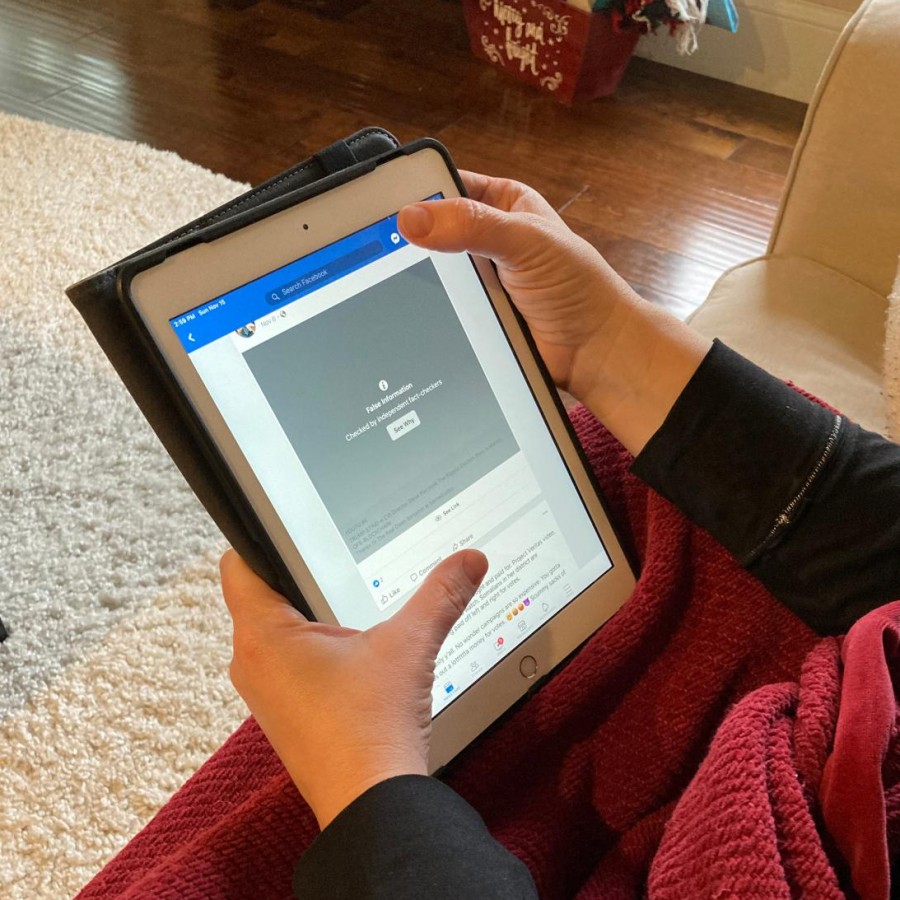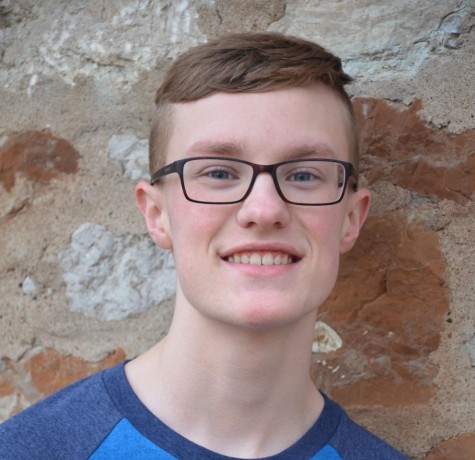Some Americans are migrating from popular social media platforms to newer, lesser-known social media in pursuit of the freedom to safely speak their minds, which they believe the popular platforms are limiting.
Much of this migration is due to feelings of being censored, although there are many who are switching just to avoid the negativity portrayed by the popular social media. These feelings have only escalated with the 2020 election.
The issue at hand is popular platforms do not seem to know the difference between fact and opinion, according to those switching. They say the companies that own the social media platforms are censoring posts, “fact-checking” opinions and not telling the whole truth.
Rising through the ranks are Parler (alternative version of Twitter), MeWe (alternative version of Facebook) and Gab. Currently they are visited by mostly conservative thinkers, as those are mostly the people whose posts were censored on the popular social media sites.
Current Facebook user Valerie Ramsey plans on switching to Parler and Gab. “I’ve always asked questions of those who don’t think like me in order to learn, and no one wanted to talk,” she said about Facebook. “It was just bitter debate… [with Parler and Gab, I will have] the freedom to say what I want and have conversations.”
Ramsey also noted her dislike of Facebook’s censoring and “false ‘fact’ checking.” The only disadvantage with switching is her friends are not yet on Parler and Gab.
Conversely, retired teacher Joy Miller prefers the variety of ideology she gets within Facebook. “I don’t want to just see posts I agree with,” she said. “Where is the opportunity for growth or enlightenment in that? And I actually like the fact-checking. If I read or copy something that isn’t true, I’d like to know about it.
“It seems like it would be difficult to trust what you read [on the new platforms],” she continued. “It also seems like many of them are narrower in focus, with less variety of opinions and perhaps less open-mindedness.”
Miller’s views align with many who criticize the new platforms, as these media currently consist of mostly conservatives and consequently feature a few right-wing “conspiracy theories.” A left-leaning citizen may be attacked for their own beliefs, which could further the division between the two dominant parties.
Psychologist Peggy Cisneros is considering leaving social media altogether based on the premise of social engineering. Not only does it create superficial relationships, she says, “it is a lazy way to ‘connect.’”
Cisneros said that one of her biggest influences was the 2020 docudrama “The Social Dilemma,” which focuses around the negative impact social media has had on society.
Despite all the negatives to social media, there are positives as well, such as “funny memes, my neighborhood on [Facebook] and fun Star Wars stuff,” according to Cisneros. If one can successfully avoid anything political on social media, the experience can potentially become a more positive one.
It is projected that the new platforms will continue to grow in users. Parler was the #1 free app on app stores between Nov. 8-11, higher than the trending game Among Us, and MeWe was not far behind.
The social media world could start looking very different in just a matter of months or years. Miller is thinking optimistically, though: “I hope and believe that… our country and its social media will be more about an honest exchange of ideas to unite us, and less about disrespectful attacks on people and ideas which end up dividing us.”









